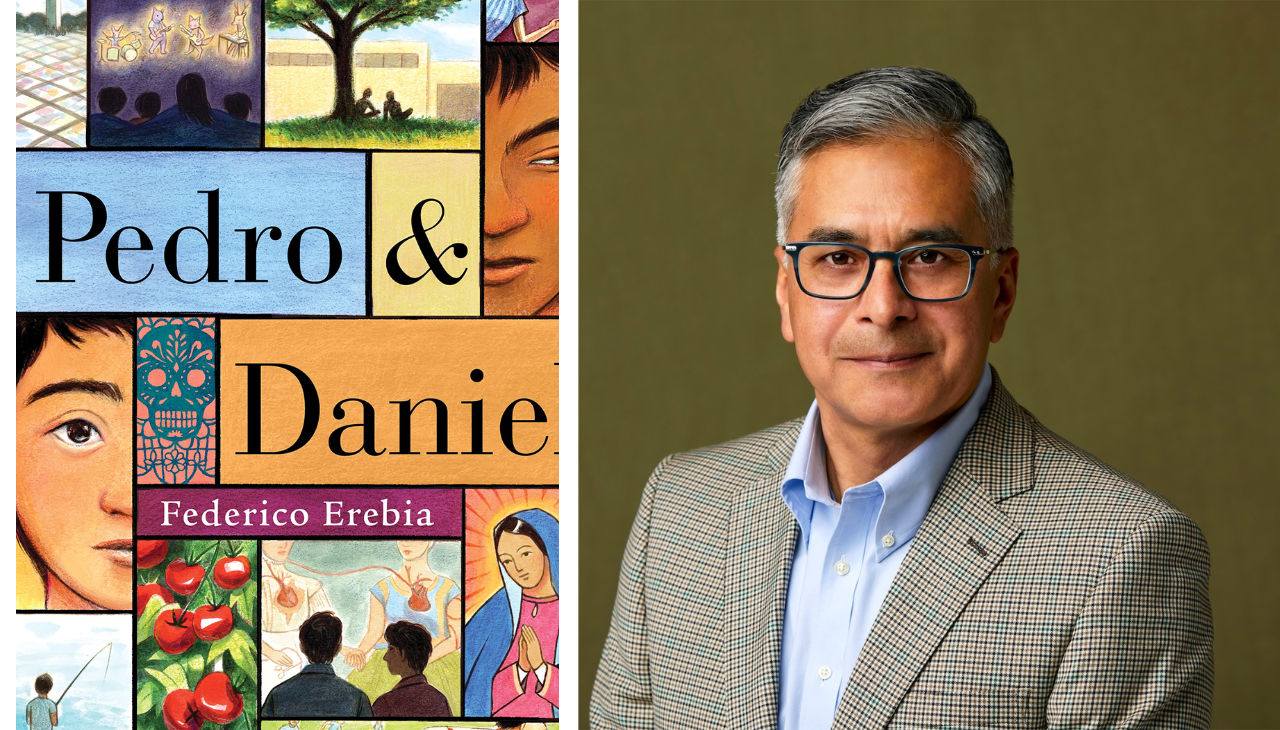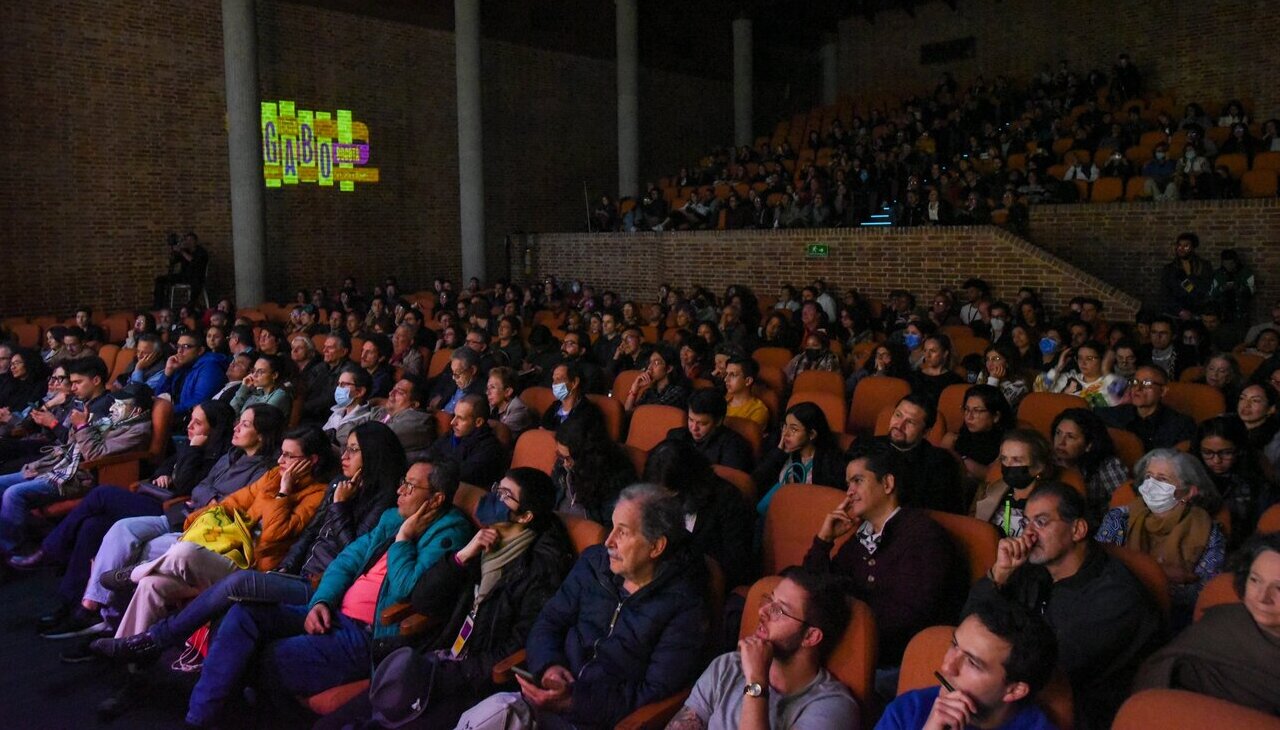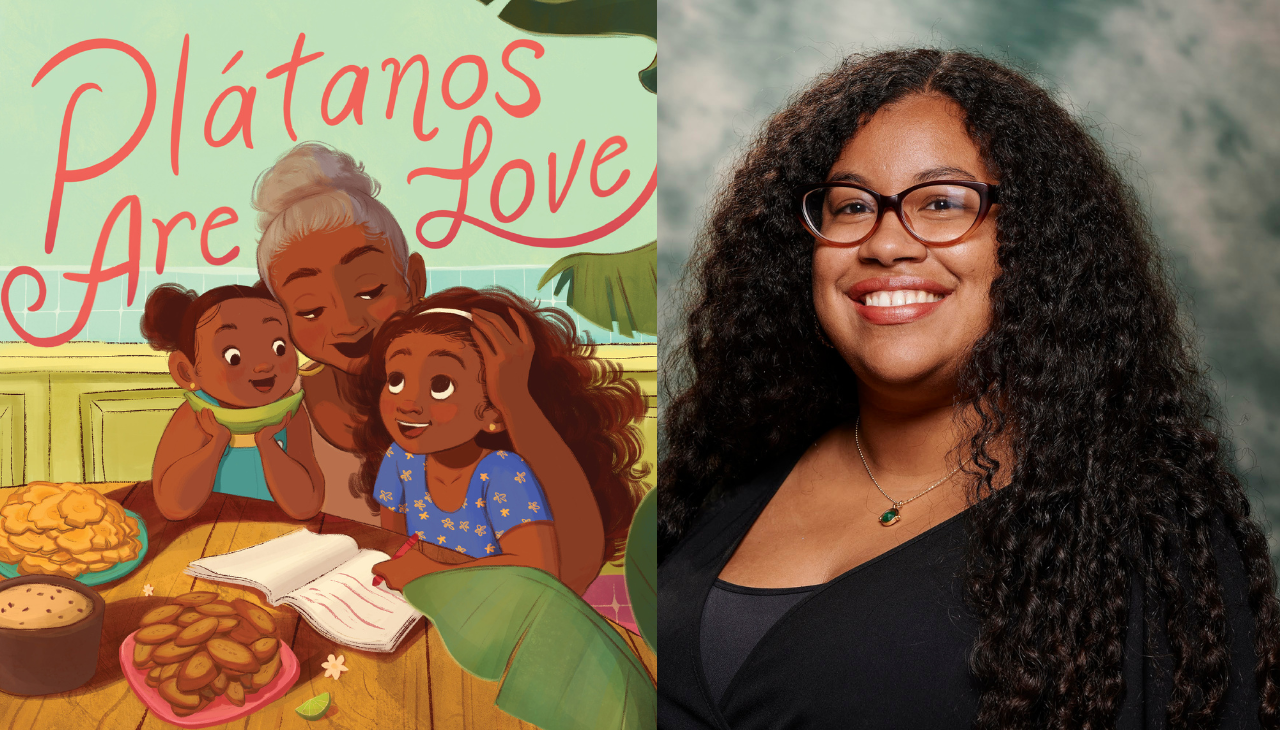
Cecilia Samartin: The Cuban American author who captures the hearts of readers in Northern Europe
Cecilia Samartin writes about Latinos who, after enduring unimaginable trauma, not only survive, but flourish
Cecilia Samartin grew up as a typical first generation Cuban American girl.
“My parents worked very hard to learn English, and get ahead in a new country. Because they were so busy, my grandparents helped to raise us, and thanks to them we didn’t forget our Spanish,” she explains on her personal website.
Her family mantra was: “Work hard, and for God’s sake be careful,” and she took it seriously. After high school, she attended the University of California Los Angeles (UCLA) where she pursued and advanced degree in psychology to work with the Latino community, and especially the new and first generation immigrants like her.
RELATED CONTENT
Samartin has been practicing as a psychotherapist and social worker with individuals and families from Mexico, and Central and South America for more than 20 years — “a gratifying work, and the most compelling inspiration I could hope for as a writer,” she explained.
Samartin is also the author of several novels, like Broken Paradise (2008), Vigil (2009) and Mofongo (2012), all starring Latino characters who, after enduring unimaginable trauma, not only survive, but flourish. Most of them have been translated to many languages, especially in Scandinavian countries like Norway, where she has become a literary phenomena.
Broken Paradise/Fantasmas del Corazón is an extraordinarily powerful novel about passion, love, and the heart's yearning for home. The story begins in Cuba, 1956: Cousins Nora and Alicia are accustomed to living among Havana's privileged class — but their lavish dinners, days at the beach, and extravagant dances come to an end after Castro's rise to power. Food becomes scarce, religion is forbidden, and disease runs rampant. Although Alicia stays behind while Nora emigrates to the United States, both of their identities are challenged as they try to adapt to the changes forced upon them. As the situation in Cuba deteriorates, Alicia is beset by bad fortune, while Nora – whose heart is still in Cuba – painfully assimilates into middle-class U.S. culture. Letters between the cousins track their lives until Alicia's situation becomes so difficult that Nora is forced to return and help. But what she finds in Cuba is like nothing she ever imagined.
In Vigil/El don de Ana, Samartin tells the story of Ana, a Salvadoran woman who remembers her incredible personal life journey from her beloved's deathbed in California. Ana's story takes her from war-torn El Salvador to a convent in the United States, and finally to a wealthy California estate where she is employed as the nanny for a dysfunctional family caught up in the the throes of a decadent life. Despite her own emotional wounds, she is able to bring love and healing to her affluent yet spiritually bereft employers — gifts that no money could ever buy.
Mofongo (published in Spanish as La abuela Lola) tells the story of Sebastian, a young Puerto Rican teenager who dreams of running like the wind across the soccer field and scoring countless goals, but his heart defect forces him to stand on the sidelines and watch. His parents overprotect him, but they’re unable to shield him from their family problems or the bullies at school. Fortunately, Sebastian finds sanctuary in his grandmother’s kitchen. Working side by side, preparing exotic dishes from her homeland of Puerto Rico, they discover a new purpose that brings them healing and hope.











LEAVE A COMMENT:
Join the discussion! Leave a comment.